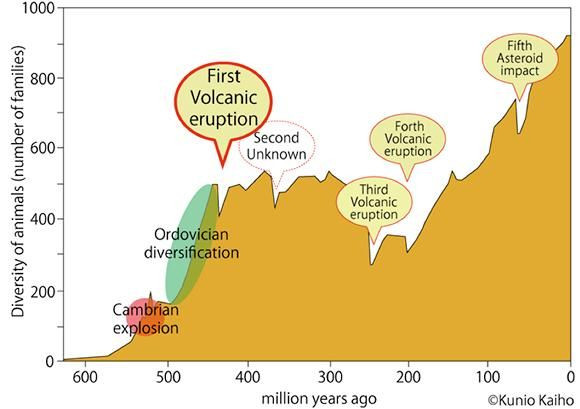People Don't Find Possibility Of Human Extinction 'Uniquely Bad', Study Suggests

About 99 percent of all creatures that ever existed have already gone extinct, and humans are not immune to possible catastrophes that can potentially lead to it.
In a new study, researchers from the University of Oxford evaluated the probability of humans going extinct due to naturally occurring events such as supervolcano eruptions or asteroid impacts. By taking humans’ 200,000-year existence into consideration, they concluded the probability for human extinction at any given year is “almost guaranteed” to be less than 1 in 14,000 and “likely” to be less than 1 in 87,000.
To be clear, there is no foolproof computation for this matter since there are no other homo sapien extinction events to draw comparisons from. Further, the researchers’ computation only takes naturally occurring events into account but not anthropogenic extinction risks - nuclear wars, anthropogenic climate change, which are deemed to be greater.
“Despite the low probability of human extinction from natural causes, it may still be prudent to reduce these risks,” researchers said. “Existential risks jeopardize not only the lives of those currently present, but also the existence of all future generations.”
Taking all of these into consideration, what do people actually think about the possibility of human extinction?
As it happens, another team of researchers from the University of Oxford only recently released a study regarding the matter. For the study, researchers conducted a survey of over 2,500 people from the U.S. and the U.K., asking them to rank three possible scenarios - humanity surviving, the loss of 80 percent of humanity, the loss of all of humanity - from best to worst.
Naturally, the respondents ranked humanity's survival as the best and humanity's total extinction as the worst. However, when asked to rank the "badness” of the two extinction scenarios, the results revealed that people don't tend to see complete extinction as “uniquely bad” compared to near extinction.
In fact, the respondents were even more bothered by the extinction of 80 percent of humanity than its total extinction but were more concerned about the extinction of an animal species than humans’ 80 percent extinction rate.
Simply put, while people do rank complete human extinction as the worst scenario, it is not seen as especially bad compared to losing 80 percent of humanity.
According to researchers, the reason why people don't find complete extinction to be uniquely bad might be because people tend to focus on the immediate deaths and suffering following catastrophes, and not on the long-term consequences. In fact, when presented with the prospect of a utopian future, that was when the respondents found complete human extinction to be uniquely bad.
“(T)heir empirical beliefs about the quality of the future make a difference: telling them that the future will be extraordinarily good makes more people find extinction uniquely bad,” researchers said. “If it is right that human extinction is uniquely bad, then we should arguably invest much more in making sure it does not happen.”
© Copyright IBTimes 2024. All rights reserved.






















